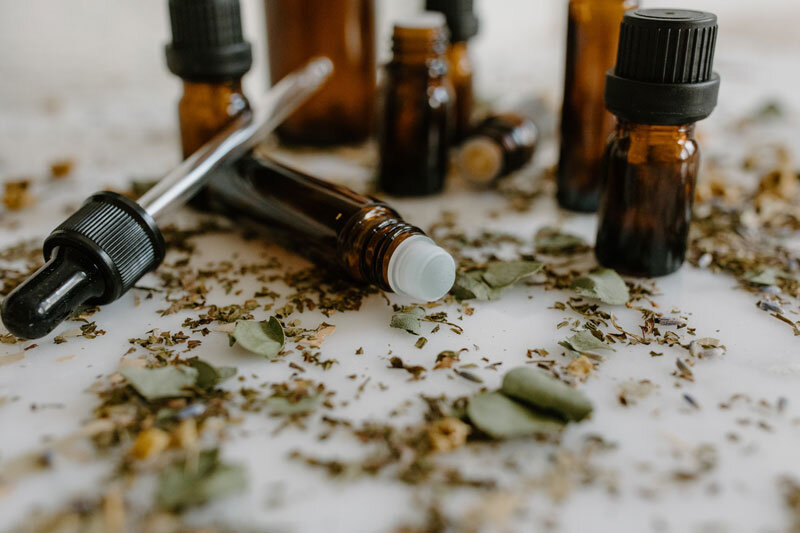According to Statista.com, U.S. cannabidiol CBD product sales are targeted to reach 1.8 billion US dollars next year (projected even before the magnitude of stress brought by COVID-19). For business owners, entrepreneurs, and hemp enthusiasts, this claims to be an opportunity that needs to be seized. However, as popular as these products are for daily use, CBD companies must take extra caution to make sure that they cautiously follow the laws on labeling or packaging, especially if they want to make the FDA approval process hassle-free.
Why worry about the food and drug administration (FDA)?
If you’re going to be selling CBD products, it’s not enough to just know about the CBD market, but you should especially pay attention to the food and drug administration FDA because the life of your business is in their hands. When your business is up and running, the last thing you want is to get FDA warning letters left and right. In fact, a simple Google search will tell you a lot of CBD companies get a lot of warnings from the FDA due to wrongful use of labeling their CBD products.
Know your state laws, think FD&C Act and the 2018 farm bill
Knowledge is power and when it comes to some hemp products, THC, or CBD products in the United States, it’s best to know the ins and outs not only of what you’re trying to sell but exactly where and how you can sell it. To successfully navigate through these regulations, CBD companies usually apply one of the well-known tips: simply comply with the state with the strictest CBD rules. Thus, allowing for better compliance throughout all the states. For a quick summary, below are some important things to look into regarding products that have or may be related to the cannabis extract:
FD&C Act. The food drug and cosmetic act is concerned with any products that may put the consumer’s health and safety at risk, and the FDA makes sure of its enactment.
2018 Farm Bill. As stated by the FDA, this is the removal of hemp and cannabis-derived products from the definition of marijuana in the Controlled Substances Act (CSA). This means the products must have “extremely low concentrations of the psychoactive compound delta-9-tetrahydrocannabinol (THC)”, with no more than 0.3 percent basis when dry.
CSA. This is under the Drug Enforcement Administration or DEA and concerns anabolic steroids, depressants, hallucinogens, narcotics, and stimulants.
Always, always include the basics
Half the battle of following regulations is through correct and cautious CBD labels and packaging. Like your usual grocery purchase, some if not most branded items have food labels that list all significant info about it. The same part applies when you want to market CBD products. Note that it must contain the non-negotiables such as the following:
Product information. Otherwise known as the identity statement, this section of your packaging must-have information on what exactly the hemp, THC, or CBD product is about. Define its purpose whether it is a CBD oil, dietary supplement, or animal food. Let buyers know how the product is for use.
Net quantity. The content for this simply means indicating the volume or number of pieces of the product for use is held in the container.
Ingredient statement. Companies are required to list every single ingredient used to create the supplement or drug products. Be sure to use legitimate terms.
Responsibility statement. Other than including rights reserved info, this includes the CBD company’s name, address, and phone number. More importantly, do not forget to include product development details. In fact, companies even include more information as to where the products were tested.
Nutrition labeling. This part includes all other content not mentioned in the previous labeling details.
Remember: whatever sale you intend to make, whether it’s for supplements, carrier oil, dietary supplements, food products, cookies, animal drugs, or CBD oil, all CBD product labels must feature the list above.
Aim to inform and educate about your CBD products
What’s vital when selling CBD products is being completely transparent to your consumers, especially when it involves affecting the function of the body. You can do this by including a QR code or website link to either your website or social media page on your FDA approved product labels that they can access through their device. Considering that the CBD market is a very broad spectrum, the more info you provide, the better.
Never exaggerate CBD claims on packaging
The last thing you want is to get lawsuits because of false advertising. Even if you have experienced the miraculous benefits of a cannabis-derived supplement or CBD products, that is not enough reason for subjective claims. You can expect the FDA at your door if your CBD product label information actively states that they are for diagnosis, cure, or treatment of any sickness or disease. Unless the data backed by research has been published on therapeutic or medical properties of CBD products, it would be wrong to lie just because you want people to buy CBD oil and other cannabis-derived dietary supplements, hemp, cannabidiol, or CBD products.
Make all disclaimers and warning information eligible
While an FDA warning statement might seem like a negative press for your dietary supplement product labels, they are just as important as the benefits written there. Don’t force your customers to search the entire product labeling just to find the medical or health disclaimer.
Finally, make sure to follow these guidelines to avoid that dreaded FDA warning letter for a stress-free experience. It also pays to stay updated on FDA, THC, or CBD news as they might get changed or updated. Considering hemp or cannabis products is a very popular business, it’s only logical that FDA and experts alike would have more and strict regulations on labeling over safety concerns. Don’t take any risks and follow the rules.
For information on how to label your CBD products, please contact Century Label today for all your CBD labeling and packaging needs.


